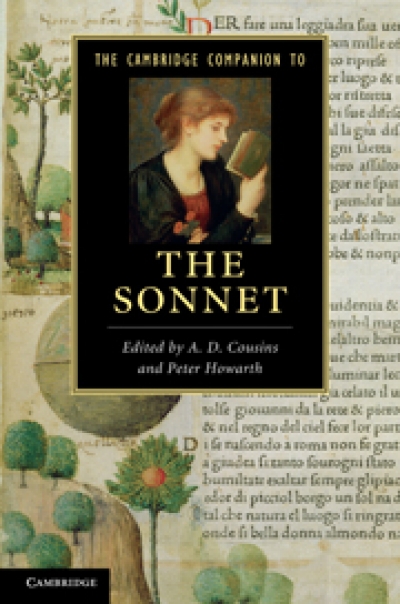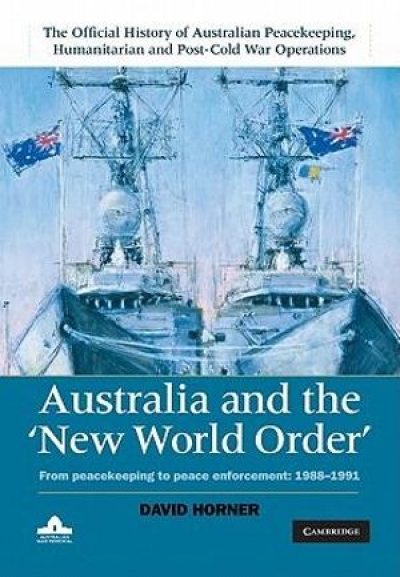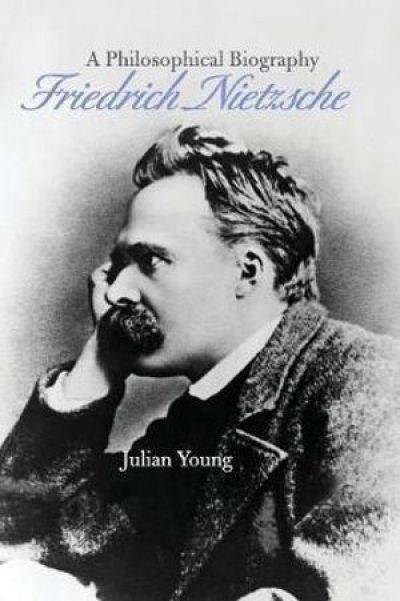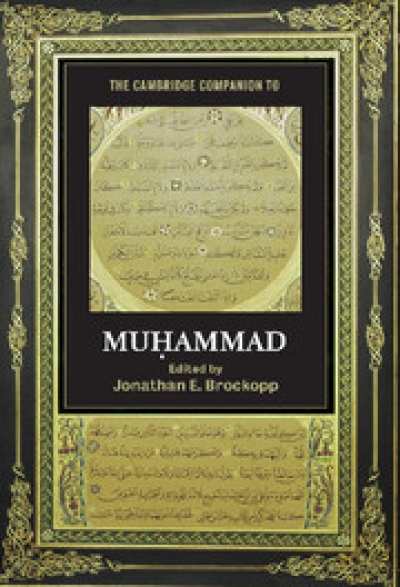Cambridge University Press
Sign up to From the Archive and receive a new review to your inbox every Monday. Always free to read.
Recent:
David Karoly reviews 'The Garnaut Review 2011: Australia in the Global Response to Climate Change' by Ross Garnaut
by David Karoly •
Climate change is often framed as a number of battles: between science and opinion, sustainable development and economic growth, government control and individual freedom, or environmentalists and business leaders. All of these are simplifications of the complexity involved in our modern world’s developing adequate responses to human-caused climate change.
... (read more)The Cambridge Companion to the Sonnet edited by A.D. Cousins and Peter Howarth
by William Christie •
The Cambridge Companion to Cricket by Anthony Bateman and Jeffrey Hill
by Bernard Whimpress •
Australia and the ‘New World Order’: From Peacekeeping to Peace Enforcement: 1988–1991 by David Horner
by Peter Edwards •
Australian Documentary: History, Practices, Genres by Trish FitzSimons, Pat Laughren, and Dugald Williamson
by Ina Bertrand •
The Art of Great Speeches and Why We Remember Them by Dennis Glover
by Joel Deane •
The Cambridge Companion to English Novelists by Adrian Poole & The Cambridge Companion to the Twentieth-Century English Novel edited by Robert L. Caserio
by Sarah Kanowski •
Friedrich Nietzsche: A Philosophical Biography by Julian Young
by Jack Reynolds •
Irfan Ahmad: The Cambridge Companion to Muhammad by Jonathan E. Brockopp
by Irfan Ahmad •








